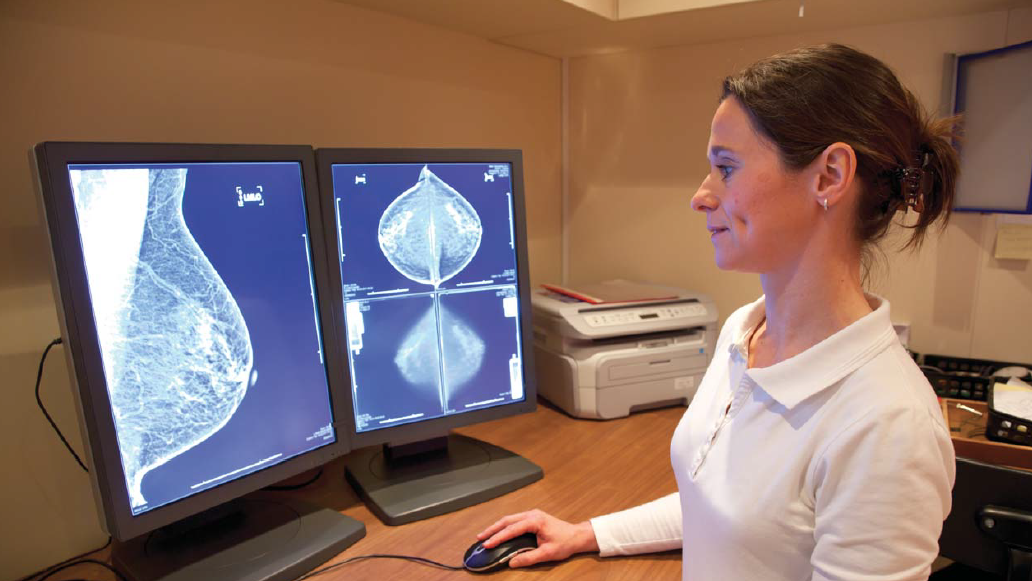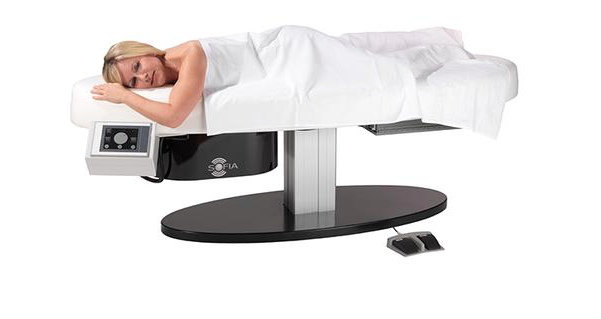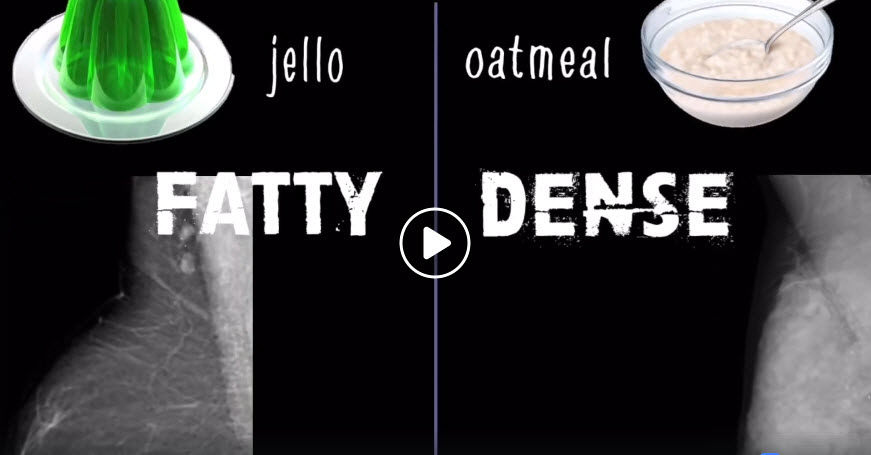
Are You Dense?
We have all been told the importance of getting our yearly mammogram. Every year women find out that they have an issue from their mammogram, monthly breast exams or yearly doctor exam. From the doctor to the breast cancer organizations, everyone is reminding us to make sure that we schedule our mammogram so that we know if we are cancer free, for now Something that you may not know is that you may have dense breast tissue. You may not even know what dense breast tissue is or how it will affect the results of your yearly screening.
Dense breast tissue does not refer to the size of your breasts or even how heavy they feel. It explains more of the type of tissue that makes up your breasts. Women with dense breasts have more connective or supportive tissue than women with fatty breast tissue. Based on years of research, about 40% of women who have had a mammogram, are found to have dense breast tissue. Currently, over 30 states have laws on the books that require women to be notified when it is found that they have dense breasts.

Dense breast tissue can hide or mask cancer on a mammogram image.
Of course, your notification may have only come as a small notification on the bottom of your results from a previous breast screening. You may wonder why we need to be notified. You see, dense breast tissue shows up white on a mammogram and so do the markers for cancer. Having dense breast tissue reduces the sensitivity and specificity of your mammogram. That means that dense breast tissue can hide or mask cancer on a mammogram image. So, mammography’s ability to detect early-stage cancer is reduced when dense breast tissue is present. To compound the issue, women with dense breast tissue have 4-6 times greater risk of developing breast cancer. Adding supplemental breast ultrasound can help women with dense breast tissue double their chances for earlier diagnosis and treatment. Now that you know more about dense breasts and how supplemental imaging can help, take a look at the Sofia Experience.
Dense Breasts?
What you need to know.
- Dense breast tissue is detected in 40% of women who have a mammogram in the United States.
- Having dense breast tissue is a risk factor that increases breast cancer risk by 4-6 times the normal risk.
- Dense breast tissue obscures early stage cancer on a mammogram.
- Rates of earlier detection are significantly increased with supplemental 3D Ultrasound.
What are Dense Breasts?
- Dense breast tissue refers to how breast tissue appears on a mammogram.
- Breast tissue is composed of milk glands, milk ducts and supportive/connective tissue (dense), and fatty tissue (nondense). Dense breasts have more dense (connective) tissue than fatty tissue.
- On a mammogram, fatty tissue appears dark and transparent. Dense tissue appears as a solid white area which makes it difficult for the radiologist to see through.
- Cancer and dense breast tissue appear white on a mammogram. This increases the chance that breast cancer will go undetected.
Risk Factors:
| Risk Factors | Level of Risk |
| Age | Strong Increased Risk |
| BRCA1 and BRCA2 Gene | Strong Increased Risk |
| Dense Breast Tissue | Strong Increased Risk |
| Personal History of Cancer | Strong Increased Risk |
| Family History | |
| Multiple Family Member | Strong Increased Risk |
| One Family Member | Moderate Increased Risk |
Recent Clinical Study:
What could your mammogram be missing?
- Adding a single screening ultrasound to mammography revealed 4.3 cancers per 1000 women scanned, than mammography alone.
- Subsequent screening ultrasound exams revealed 3.7 cancers per 1000 women scanned than mammography alone.
(This study confirms that by adding a screening ultrasound for women with dense breast tissue, the detection rate for breast cancer is doubled, which means we can get more women into treatment at earlier stages)
SOFIA can help!
The SOFIA scan provides women with dense breasts an option for earlier diagnosis of cancer using SOFIA 3D Breast Ultrasound. Now that you know about dense breast tissue and how supplemental ultrasound imaging can help; schedule your SOFIA 3D Breast Ultrasound today!

[color-box color=” customcolorpicker=” rounded=false dropshadow=false]
The American Cancer Society (ACS) now places the relative risk of developing breast cancer due to high tissue density at 4-6 times the normal risk.
[/color-box]

